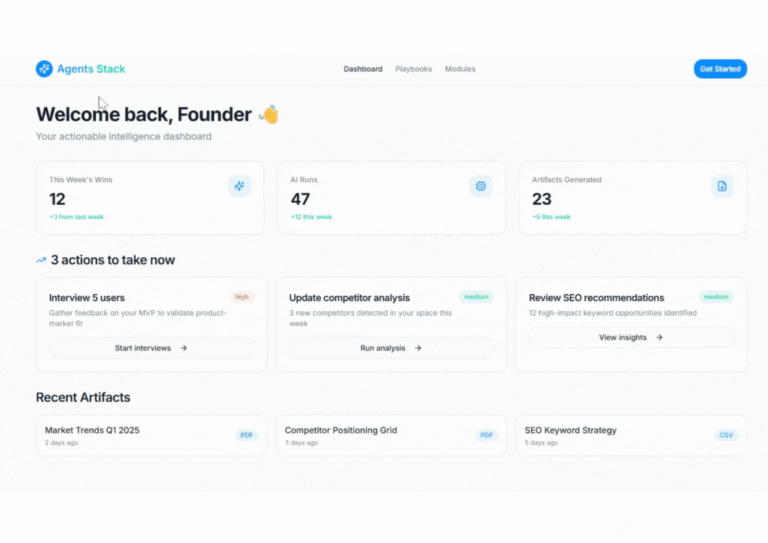High-stakes industries such as aviation, healthcare, nuclear energy, military operations, and financial trading depend on more than just cutting-edge technology and sophisticated systems. At their core lies the human element—individuals tasked with making critical decisions under pressure, managing complex systems, and ensuring the safety and efficiency of operations. In such environments, human reliability is not a luxury but an absolute necessity.
Understanding and enhancing human reliability is crucial for minimizing errors, optimizing performance, and fostering resilience in these industries. This article delves into the concept of human reliability, its challenges, and strategies to unlock peak performance in environments where failure is not an option.
What is Human Reliability?
Human reliability refers to the ability of individuals to perform tasks consistently and accurately, especially in environments that demand high precision and critical decision-making. It encompasses cognitive, physical, and emotional aspects of human performance, acknowledging the inherent variability in human behavior.
While technology and automation have mitigated risks in many sectors, the role of humans remains central, especially in situations requiring judgment, creativity, and adaptability. However, human fallibility—stemming from fatigue, stress, inexperience, or system complexity—can result in errors with far-reaching consequences.
The Importance of Human Reliability in High-Stakes Industries
- Safety Assurance
In industries like healthcare or nuclear energy, even minor errors can lead to catastrophic outcomes. Human reliability ensures that tasks such as surgical procedures, reactor maintenance, or air traffic control are carried out with utmost precision, safeguarding lives and assets. - Operational Continuity
High-reliability organizations (HROs) like airlines or military units depend on seamless operations. Human reliability minimizes disruptions caused by mistakes, ensuring the continuity and effectiveness of critical systems. - Cost Reduction
Errors in high-stakes industries can result in enormous financial losses, from litigation and fines to damaged infrastructure. Enhancing human reliability reduces these risks, saving resources while maintaining organizational reputation. - Crisis Management
Humans excel at adapting to unforeseen challenges. Reliable personnel can navigate crises effectively, making swift decisions when automated systems fail or when unconventional solutions are required.
Factors Affecting Human Reliability
- Cognitive Load
The complexity of tasks, information overload, and the need for multitasking can strain cognitive resources, increasing the likelihood of errors. - Stress and Fatigue
High-pressure environments often lead to chronic stress and physical fatigue, impairing decision-making and motor skills. Sleep deprivation, in particular, is a common issue among professionals in 24/7 industries like healthcare or aviation. - Training and Experience
Inadequate training or lack of real-world experience can compromise an individual’s ability to handle high-stakes scenarios. Conversely, overconfidence from excessive familiarity can lead to complacency. - System Design
Poorly designed interfaces, confusing workflows, or lack of user-friendly tools can exacerbate human errors. Systems that fail to account for human limitations increase operational risks. - Communication Gaps
In team-based operations, miscommunication can be a significant source of errors. Clear, concise, and standardized communication protocols are essential for coordination and reliability. - Organizational Culture
An organization that values safety, continuous learning, and accountability fosters an environment conducive to human reliability. Conversely, toxic or blame-oriented cultures discourage reporting and addressing errors.
Strategies to Enhance Human Reliability
- Comprehensive Training Programs
Training that simulates real-world scenarios prepares individuals to handle high-pressure situations effectively. Techniques such as virtual reality (VR) and augmented reality (AR) can provide immersive training experiences, reducing the cognitive shock of actual crises. - Fatigue Management
Implementing policies to prevent overwork and ensure adequate rest is critical. Flexible schedules, workload monitoring, and mandatory breaks can mitigate the effects of fatigue on performance. - Error-Tolerant Systems
Designing systems with fail-safes, redundancies, and intuitive interfaces can reduce the likelihood and impact of human errors. Ergonomic design principles ensure that tools align with human capabilities and limitations. - Regular Performance Monitoring
Continuous assessment of individual and team performance through simulations, drills, and evaluations helps identify weaknesses and reinforce strengths. Feedback mechanisms encourage ongoing improvement. - Fostering Resilience
Resilience training, including stress management and mental health support, equips individuals to recover quickly from setbacks and maintain focus during prolonged challenges. Mindfulness and cognitive-behavioral strategies can be effective in enhancing mental resilience. - Team Dynamics and Communication
Encouraging collaborative decision-making and open communication fosters trust and reduces misunderstandings. Teams that practice standardized communication protocols, such as checklists and debriefs, are less prone to errors. - Learning from Incidents
High-stakes industries should adopt a non-punitive approach to errors, focusing on learning and system improvement rather than blame. Analyzing incidents through root cause analysis helps uncover systemic issues and prevent recurrence. - Integration of Technology
Technologies like artificial intelligence (AI) and machine learning can support human decision-making by providing real-time data, predictive insights, and automated alerts. However, it’s essential to ensure that these tools enhance, rather than replace, human oversight.
Case Studies: Human Reliability in Action
- Aviation
The aviation industry is often cited as a model for human reliability. Pilots undergo rigorous training, and protocols such as pre-flight checklists, co-pilot verification, and post-incident analysis ensure a culture of safety and precision. - Healthcare
Surgical teams use checklists, timeouts, and simulation training to reduce errors in operating rooms. Hospitals that prioritize teamwork and communication see significantly lower rates of adverse events. - Nuclear Energy
Nuclear facilities operate under stringent safety standards, with multiple layers of redundancies and human oversight. Regular drills and robust emergency response plans are integral to maintaining reliability in this sector. - Space Exploration
Organizations like NASA exemplify human reliability through meticulous training, exhaustive simulations, and a culture that encourages reporting potential risks. This approach has led to the successful execution of high-risk missions.
The Future of Human Reliability in High-Stakes Industries
As technology evolves, the role of humans in high-stakes industries will continue to change. Automation and AI are increasingly taking over repetitive and hazardous tasks, allowing humans to focus on oversight, critical thinking, and innovation. However, this shift demands a new set of skills, including digital literacy and the ability to collaborate with intelligent systems.
Moreover, the integration of neuroscience and biotechnology may offer breakthroughs in understanding and enhancing human performance. Wearable devices that monitor physiological indicators, brain-computer interfaces, and cognitive enhancement techniques hold promise for the future.
Conclusion
Human reliability remains the cornerstone of success in high-stakes industries. While technological advancements provide valuable tools, the human factor brings the adaptability, creativity, and judgment needed to navigate complex and unpredictable scenarios. By investing in training, systems design, and organizational culture, industries can unlock the full potential of their workforce, ensuring safety, efficiency, and excellence.
In a world where the stakes are high and the margin for error is razor-thin, the pursuit of human reliability is not just a goal but an ongoing commitment to progress and performance.
Read more on The Business Vision Magazine for more article related to latest news and trends in Business.






